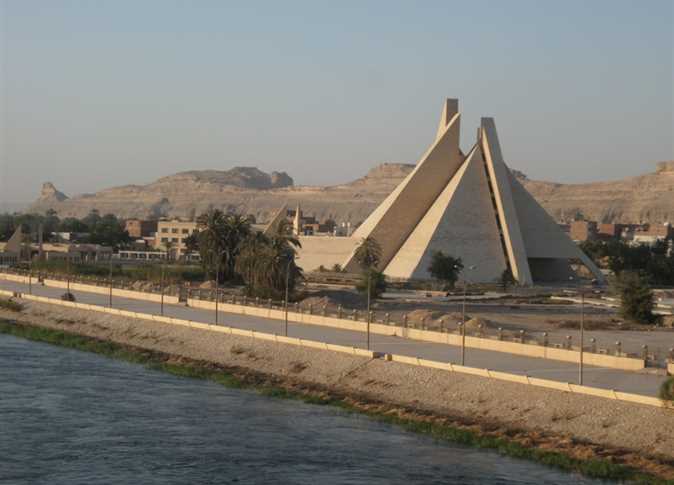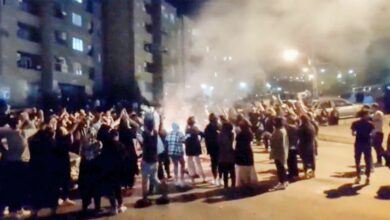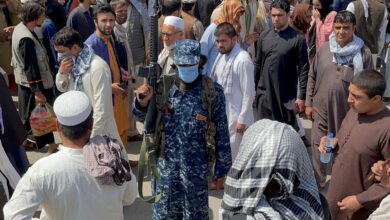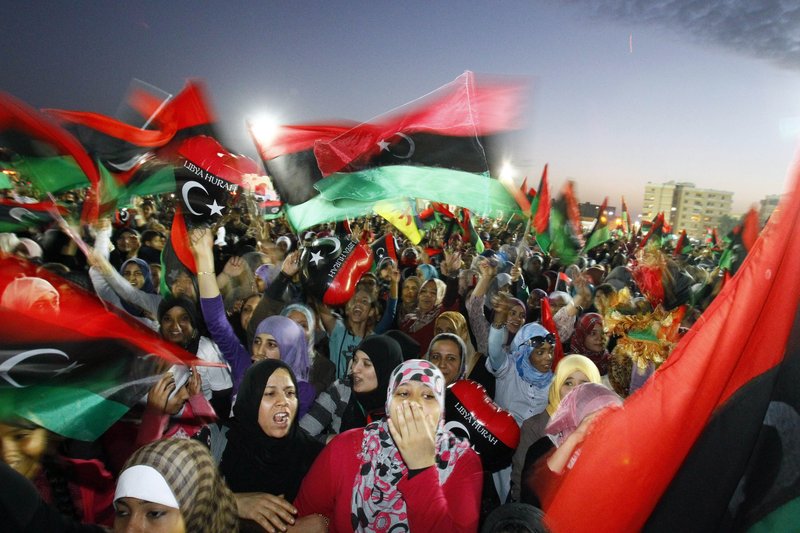My first experience with the revolution was in February 1968 when we were still students and joined the workers to protest against the so-called “Air Force Rulings” that followed the defeat of June 1967. The impact of the 9 and 10 June demonstrations had begun to fade, and supporting the July Revolution, the immortal leader and his ability to liberate the occupied land had become questionable.
The president then came out with the 30 March program, which admitted for the first time that there was something wrong with the revolutionary regime. In it Nasser said there should be no contradiction between the revolution and the youth of the revolution.
My last experience with the revolution was in January 1972 when the university students came out to protest against the delay in the liberation of the occupied land. And when the October 1973 war, in which I took part, liberated the land, my relationship with the revolution ended.
Many waters flowed under the bridge since then, until the January 2011 revolution took place. The most important thing that struck me about it was the heavy presence of young people, exactly as had happened four decades ago. Then came the June 2014 revolution.
Between the two revolutions there were protests and concerns. During that time, I followed up on the young people that came out of the cyclone to write in newspapers, especially in Al-Masry Al-Youm, which is the world I live in.
They had an impact that triggered both acceptance or rejection with each article they wrote. They were versed in language and had writing skills. And in many cases, they had the proficiency to analyze events with the dialectical materialism method of Marx and Hegel.
Now they feel angry and sad. They are angry and sad because fate swept their noble dreams and serious errors prevented them from becoming a reality. Perhaps this was the scourge of the youth of the revolution because the revolution never answered the question of how to achieve dreams.
The military council who had an answer took over power, the Brotherhood who also had an answer took over power and the majority of the Egyptian people who had an answer revolved around President Sisi for him to take over power.
It is an extremely important question because it discloses the contradictions of reality. For it was impossible to resolve economic problems as long as there were demonstrations continuing. It was impossible to establish a stable political system while the Interior Ministry was under constant attack and the Muslim Brotherhood only focused on sweeping the elections. And it was impossible to achieve any goal unless there was a state in which freedom, democracy and prosperity prevailed.
The revolution would not be completed unless we know how to prevent this from happening again. For our revolution was not only to liberate the land, but to prevent its occupation once again by Israel or by the Islamic State. Everything else was a mere detail.
Edited translation from Al-Masry Al-Youm




